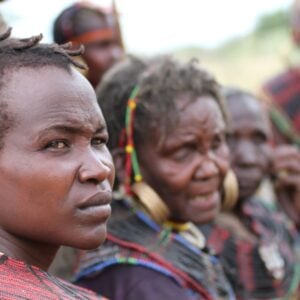Digital technologies are rapidly reshaping health systems worldwide, from electronic medical records and telemedicine to artificial intelligence and data-driven surveillance, redefining how care is delivered, managed, and evaluated. However, this transformation poses challenges, particularly in low- and middle-income countries, where digital initiatives often remain fragmented or misaligned with national priorities. Without strong national capacities to coordinate these efforts, digital transformation risks exacerbating inequalities between urban and rural areas and between well-resourced and underserved health facilities.
To ensure innovation drives equity and resilience, countries must invest in the skills, governance, and leadership necessary to guide these transformations effectively. In response, the WHO Academy is strengthening the digital health capacities of Member States, particularly in low- and middle-income countries. In collaboration with the Organisation internationale de la Francophonie (OIF), WHO has launched the “Digital Health: Planning for National Systems” course for Francophone countries in Africa and the Eastern Mediterranean.
The course began with 60 technical experts from 16 countries, equipping ministry leaders and policymakers with the knowledge and tools to strategically guide national digital health systems. Participants engage in 12 hours of self-paced online learning over 12 weeks, complemented by 12 live sessions featuring interactive discussions, group work, and peer exchange. The blended format has already empowered over 200 participants across English-, French-, and Portuguese-speaking countries.
Maurice Ye, Health Cluster Coordinator in Antananarivo, Madagascar, highlighted that the course provided a deeper understanding of planning digital health interventions in the context of low-resource settings, aligning innovations with health system challenges and identifying appropriate applications. This initiative reflects WHO’s broader commitment to ensuring digital health contributes to equitable, universal access to quality care. By strengthening national systems, digital tools can enhance efficiency, affordability, and sustainability in health services.
Guided by the Global Strategy on Digital Health, WHO continues to support countries in leveraging innovation to achieve the overarching goal of health for all.







